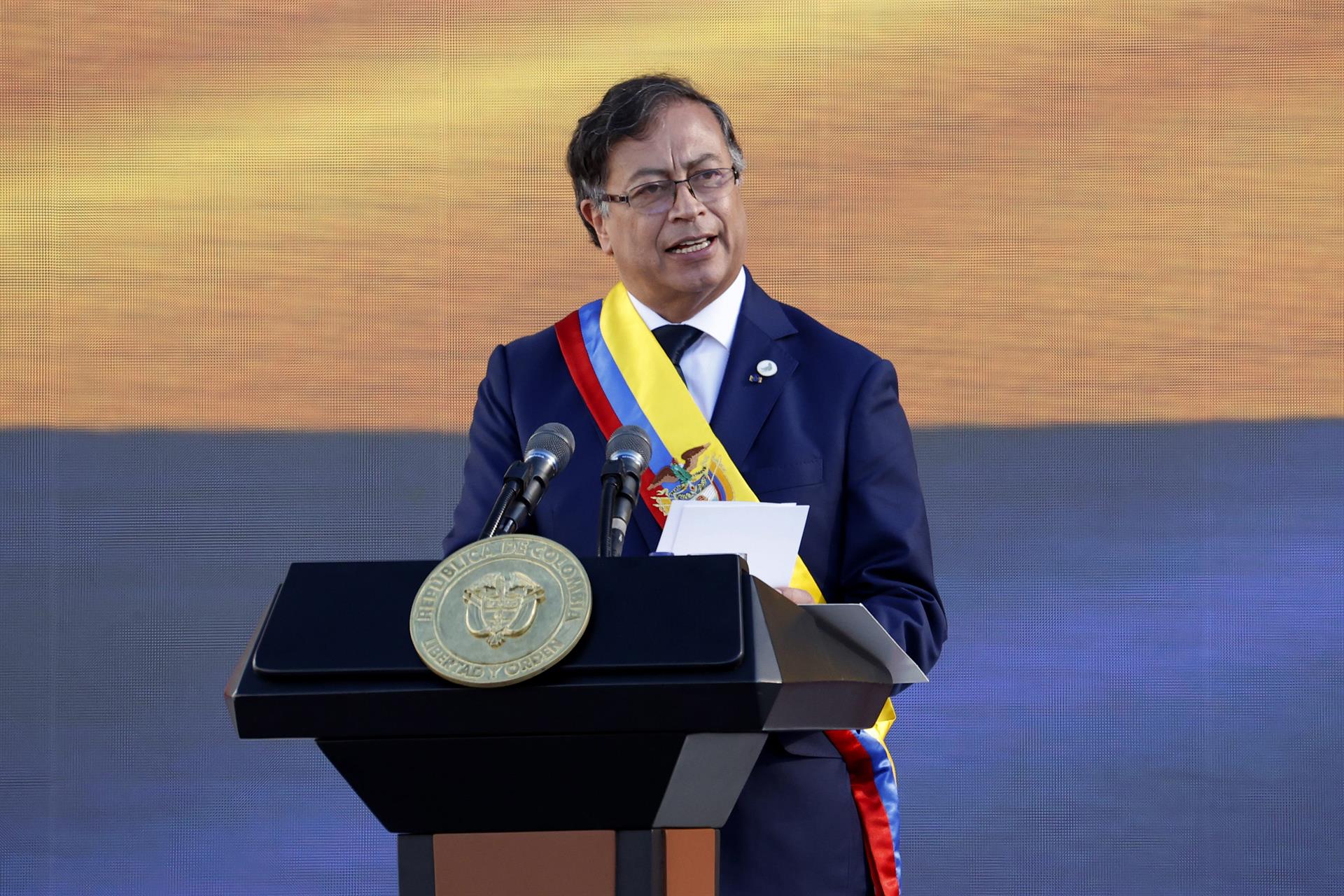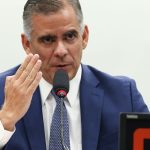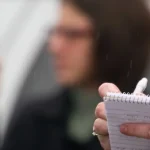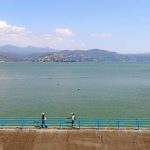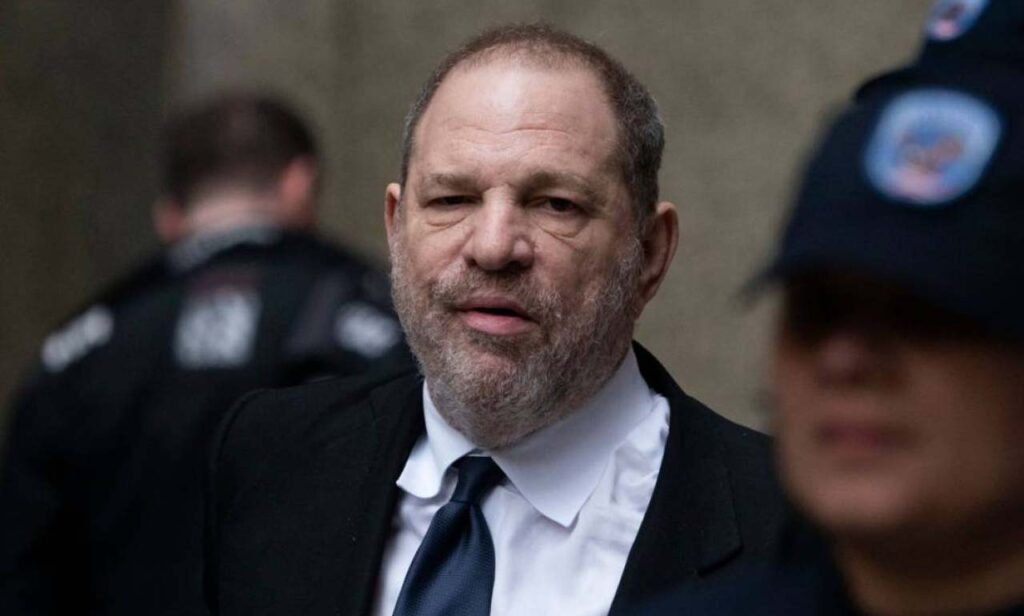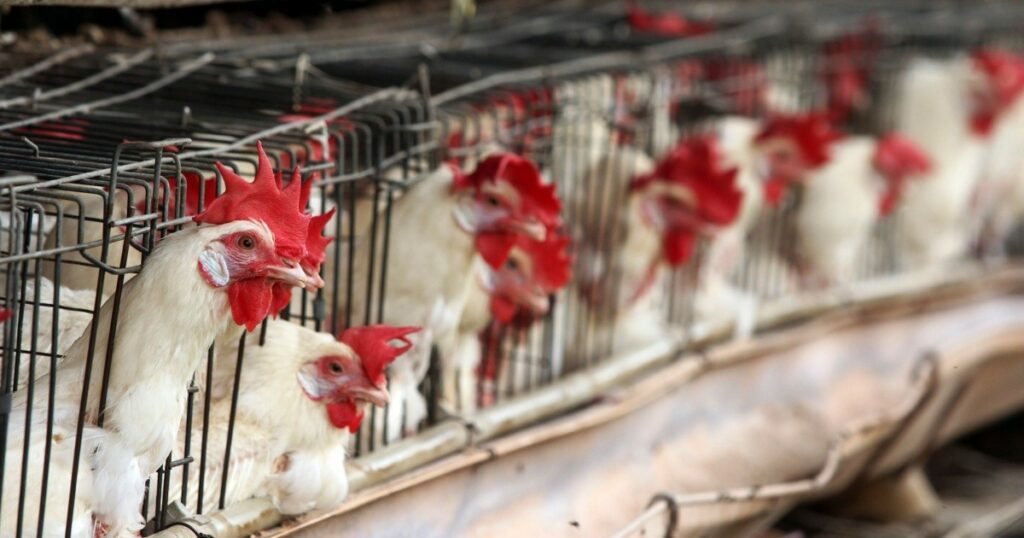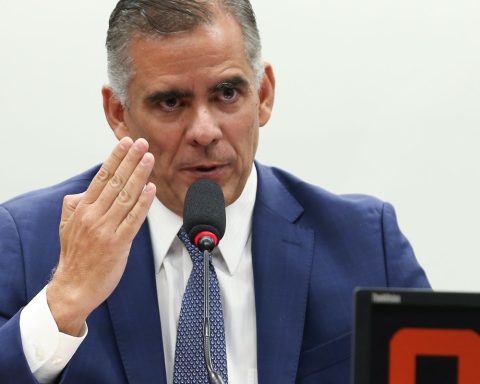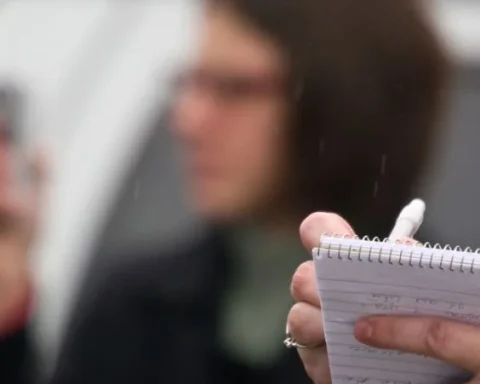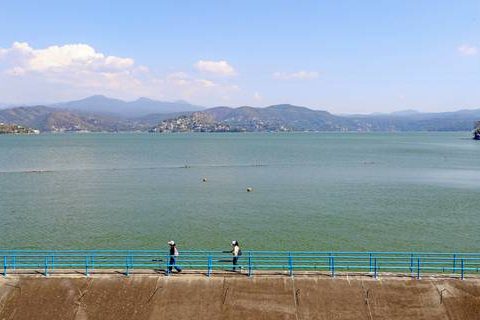Colombian President Gustavo Petro once again referred to the political and human rights crisis in Nicaragua in an interview with journalist Vicky Dávila, director of the weekly magazine, in which he refers to how, from his perspective, power has been like a drug for the dictator Daniel Ortega, distorting his reality.
The allusion to Ortega was first made by the journalist, when she was discussing with the Colombian president the issue of social leadership and the diplomatic challenges of dealing with authoritarian regimes.
“As with Ortega,” the Colombian journalist referred to.
Gustavo Petro: “With Ortega we have a lawsuit.”
Vicky Davila: Does Ortega act like a dictator?
Gustavo Petro: “I don’t like what happens. That generation that made the Sandinista revolution was a friend of the M-19. Many people from the M-19 went to fight in Nicaragua against the dictator Somoza. There was empathy and most of those people are in prison. Ortega imprisoned the command that made the revolution. Obviously, I asked that Dora María Téllez be released, for example. The Court in The Hague said that we had to talk about the issue of the sea and we have to do it. But the request I made to release the people who are imprisoned was not attended to by Ortega.
Vicky Davila: Are you very deaf?
Gustavo Petro: “I can’t get so involved, but power is a drug. I imagine many of these presidents who arrived here, seeing these golden chairs and these gobelins and the luxurious lamps and rugs. Well, they get hooked, they get hooked, they feel that this is the power”.
Vicky Davila: They go crazy…
Gustavo Petro: “And power is a drug, it takes away your perspective of reality, distorts it and makes you addicted.”
The management of President Gustavo Petro
On September 9, the chancellor of Petro, Alvaro Leyva Duran, explained in an interview that the reasons why Colombia was absent from the session of August 13, 2022 in the Permanent Council of the Organization of American States (OAS), which condemned the violations of human rights by the regime of Daniel Ortega y Rosario Murillo, were “absolutely humanitarian” and had nothing to do with any negotiation over the right to fish for the Raizal communities of San Andrés in waters that the International Court of Justice (ICJ) in The Hague declared Nicaraguan territory.
The head of Foreign Relations of the Government of Gustavo Petro revealed on that occasion a move by the Colombian ruler to achieve the release of 21 political prisoners, including four of the presidential candidatesMonsignor Rolando Álvarez and some journalists, which was not addressed by the Ortega y Murillo regime.
Although the negotiation was carried out with secrecy, he was an unofficial spokesman for the dictatorship of Daniel Ortega who publicly closed the possibility of any negotiation with the president of Colombia.
William Grigsby Vado affirmed in his program “Sin Fronteras” on Radio La Primerísima that the negotiation proposed by Petro, using “messengers” whom he did not identify, is that Colombia would recognize the ruling of The Hague -favorable to Nicaragua since 2012- in exchange that they hand him over to “the tranqueros”, referring to the political prisoners who are in the El Chipote jails.
“How about? So, no little brother, for God’s sake! They send you Saint Peter as a messenger. First, we are not asking for anything other than that they recognize the ruling of the highest court on the planet,” Grigsby, known as one of the main propagandists of the Ortega-Murillo regime, stated on that occasion.
New litigation in The Hague
On December 5, the International Court of Justice began the oral hearings in the new litigation between Nicaragua and Colombia for the sovereignty of 200 nautical miles.
The International Court asked both countries to dedicate that week’s oral proceedings to present their arguments exclusively in relation to two issues of customary international law (legal customs that countries adopt as binding) “before proceeding to any consideration of technical and scientific issues ” of the case.
Nicaragua defended before the International Court of Justice that the continental shelves and maritime zones that overlap between States “must be delimited in accordance with international law” and legal customs accepted by both parties as a norm.
“The continental shelves, as well as all the maritime areas that overlap between States, have to be delimited in accordance with international law (…) rules that were accepted by both parties as norms of customary international law,” said the Nicaraguan agent before ICJ, Carlos José Argüello Gómez.
